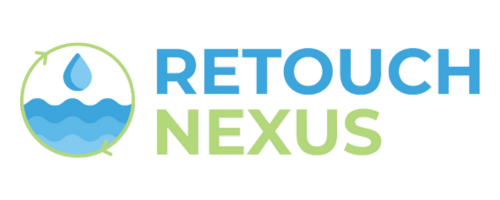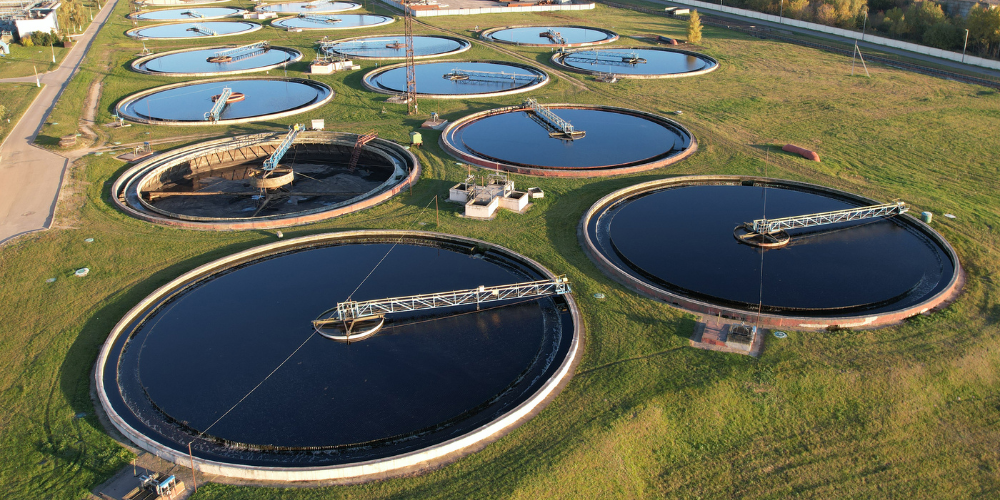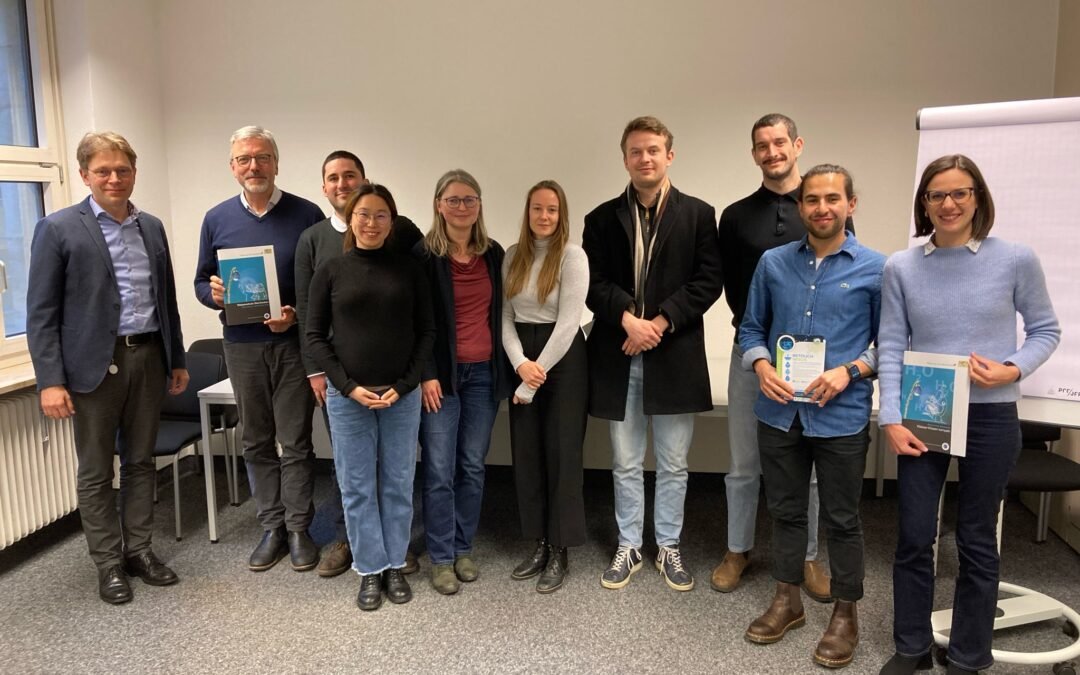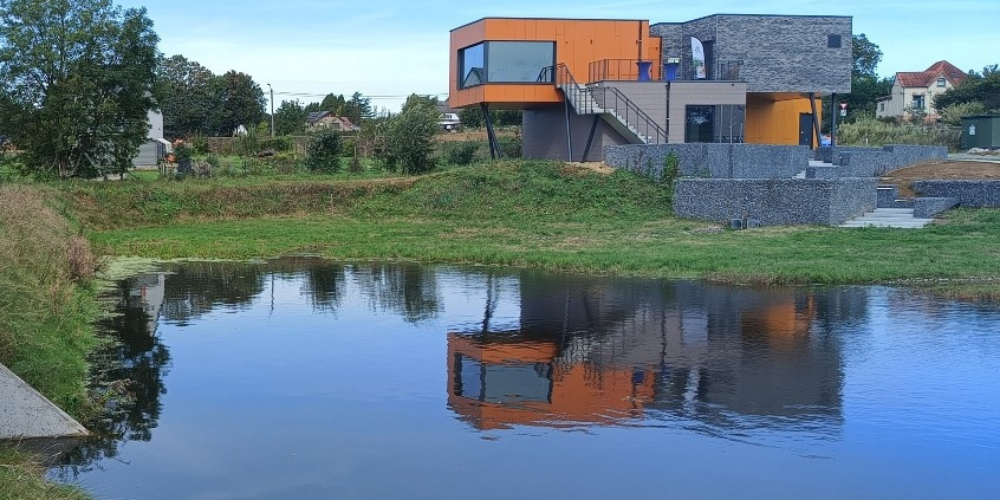Last September, our project completed two tasks aimed at exploring water governance models, institutional frameworks and economic, financial and commercial instruments in the six Retouch Nexus case studies. The results obtained were used to establish a baseline characterizing each case study.
For the six Retouch Nexus case studies, water legislation, governance structures and institutional frameworks, implementation of cross-sectoral water management, challenges and opportunities for sustainable water governance, current water valuation methods and climate change scenarios were identified and summarized.
The information gathered forms the baseline for the case studies and serves as a knowledge base for a more in-depth assessment of water governance practices and their potential improvements, as well as for the analysis of economic instruments and their effects in the Retouch Nexus case studies.

This report describes the process of the creation of the dashboard for task T4.1 in the RETOUCH NEXUS project and it presents the most recent versions of the screens of the dashboard (their design may be still subject to change). Each dashboard screen is devoted to one partial aspect of water governance. In this report, also an accompanying description of the main findings for the RETOUCH NEXUS case studies is given.
Water governance in the EU presents a comprehensive framework that aims to ensure sustainable use and management of water resources. Governance schemes and institutional settings reflect the EU’s commitment to integrated water management, sustainability, and collaborative approaches involving various stakeholders at different levels. The primary legislation for water governance and protection in the EU is determined by the Water Framework Directive (WFD). However, its implementation in individual Member States may result in diverse water governance structures [Rowbottom et al., 2022].
To provide evidence on water governance schemes in the EU, the RETOUCH NEXUS project, in task T4.1, analysed current water governance contexts, organisational models, and institutional settings at the level of six specific case studies from Spain, The Netherlands, Slovakia, Belgium, Germany and Malta (T4.1 “Case study baseline for water governance schemes and institutional settings”).
The main objective of task T4.1 is to contribute to the project result PR1 – a knowledge base for a robust monitoring framework – by boosting the understanding of governance arrangements, institutional settings and of the interdependencies across sectors that all together affect sustainable water management in the preselected case studies from EU countries.
A detailed description of water governance schemes at the level of individual RETOUCH NEXUS case studies is provided in the interim report “Milestone 3: Draft Report of Deliverable D4.1” (see Annex 1). As supposed by the task description, obtained results have been processed into the form of a dashboard presenting and comparing the main aspects of water governance across the RETOUCH NEXUS case studies to reach a wider audience.
New Policy Brief: Water resilience is built with better water governance
Unlocking Water Resilience: Read Our Policy Brief on Better Governance Europe must enhance water resilience through better governance to address…
RETOUCH NEXUS project coordinator (TUM) visits German Case Study in Bayreuth
On 22 February 2024, a delegation from TUM visited representatives from the German Upper Main government. During the meeting, the…
Establishing a baseline to characterise each RETOUCH NEXUS case study
Last September, our project completed two tasks aimed at exploring water governance models, institutional frameworks and economic, financial and commercial…
A new milestone has been reached: the installation and connection of the rainwater treatment plant!
A major milestone was reached last September at the Keiberg-Vossem industrial park, with the installation and connection of the rainwater…




